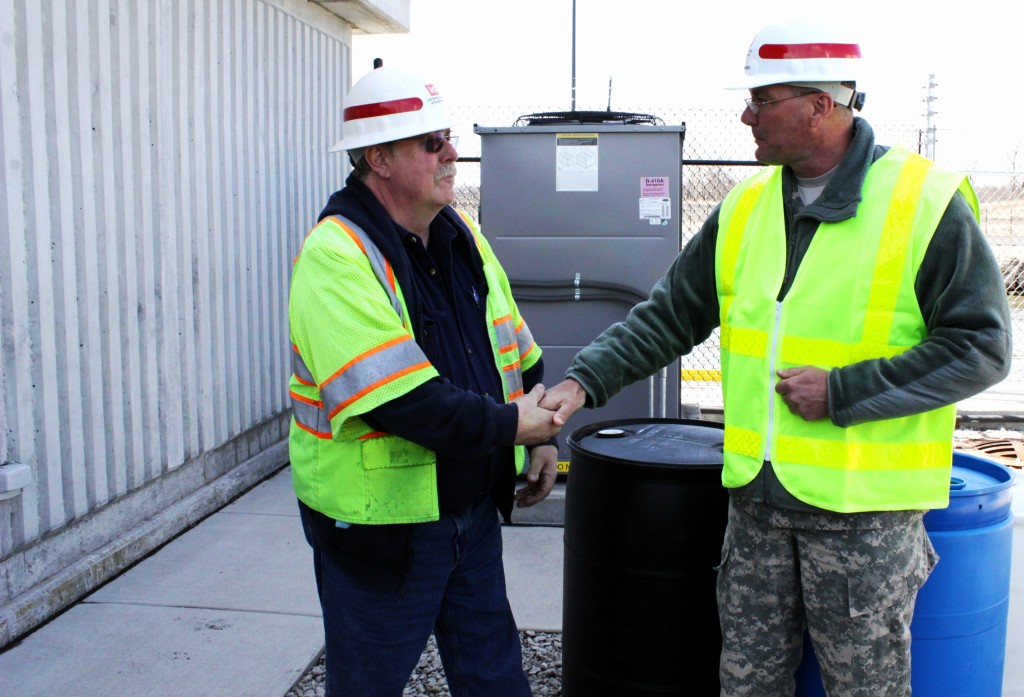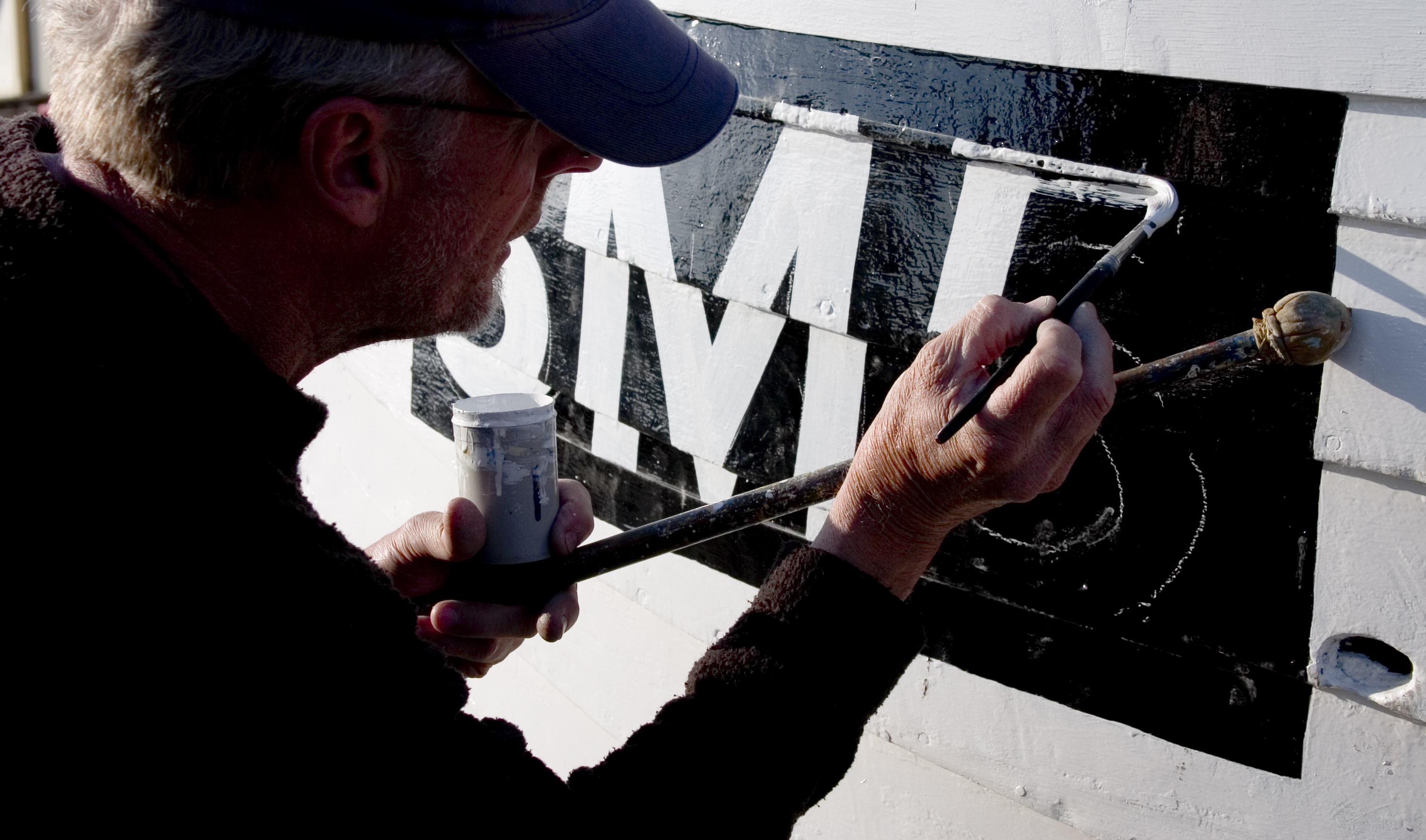Startup companies tend to grow very fast. One day the company has three developer employees working from their homes, and in only few months it grows to several hundred employees that require much bigger and better organized work space.
Around that time companies start looking for bigger office or production space and after they find it, facility management responsibilities are usually shared between office managers, or sometimes even company owners themselves. This way of doing business is not good on the long run, and startups that want to succeed need to open a separate position and employ person with desired skills and education for running office or production facilities.
When Is The Right Time to Hire Facility Manager?
If we try to single out five stages of one startup company’s development, which according to Cushman & Wakefield real estate company are:
-
Product/service market adoption (1-10 employees);
-
Expanding product/service and market growthy (10-100 employees);
-
2nd or 3rd generation product/service and reach of markets in other countries (100-500 employees);
-
Complete corporate organization and further business growth (500-3,000 employees);
-
Organic growth and M & A (3,000+ employees);

Right time to hire facility manager would be in the third stage, and in some cases this should be done even sooner, in order for manager to get introduced with company needs and capabilities, before the large business growth.
There’s nothing new in entrepreneur’s attempts to avoid hiring a person that will take care of their office or production space. Even some of the most talented and farsighted entrepreneurs did this, including Larry Page from Google. He publicly fired half a dozen project managers, including the ones who dealt with facility tasks. This move made him responsible for several hundred engineers, which turned out to be a very bad idea.
Facility Manager’s Duties
Facility managers overlook all major areas that deal with office space. These include:
- Employee’s health and safety– safety related issues may cause injuries and later prosecution, which is why facility managers need to inspect and develop elaborate health and safety procedures;
- Fire Protection– since fire is one of the biggest risks, especially in certain production facilities, and it can cause loss of lives and equipment, managers need to frequently test fire safety equipment and be in contact with companies that provide fire safety training for employees.
- Security– Facility managers often organize security of company offices and should be in contact with security agencies and police to prevent security breaches from happening.
- Maintenance– managers need to react fast in case of all kinds of malfunctions in company offices. They are the ones who hire commercial plumbing services, if there’s a pipe leak or contact companies that maintain power network, in case of a break down. In addition to this they also do frequent checks of: water pipes, power network, heating, ventilation, etc.
- Cleaning– Cleaners and cleaning companies are usually in direct contact with facility managers.
- Office relocation– Managers are the ones who search for new property, make sure it satisfies company standards and sometimes even negotiate the lease price.
- Property management– Facility managers are usually in direct contact with leasers and they take care of the rent and bills. They also maintain contact with city and county officials and follow local building and property maintenance rules and regulations.

Why Are Facility Managers Important?
Office buildings with one or several corporate tenants are known for being very complex surroundings. In addition to this, city and state regulations are constantly changing and building administrators are usually busy for answering all tenant requirements.
Facility manager oversees the facility used by the company and should be involved in all processes that deal with maintenance, improving work conditions, office branding, personnel and business concerns.
Facility manager work on two separate levels, operational and tactical (strategic). As part of their work on operational level they needs to react fast on all occurrences that might put production process or employees in danger. This means that manager needs to organize many preventive examinations, repairs and improvements in order to keep office or productive space in good shape.
Although less critical, work on strategic level is almost equally important and it requires constant and strategic development that should result in making company’s office or production space more suitable for business and more cost effective. In most
companies this line of work causes higher productivity among the employees.
Bottom Line
Any kind of work whether its administrative or production one, needs to be done in controlled conditions, and having a professional who’s managing all facility-related tasks would create huge relief for both employees and members of the directors board.




